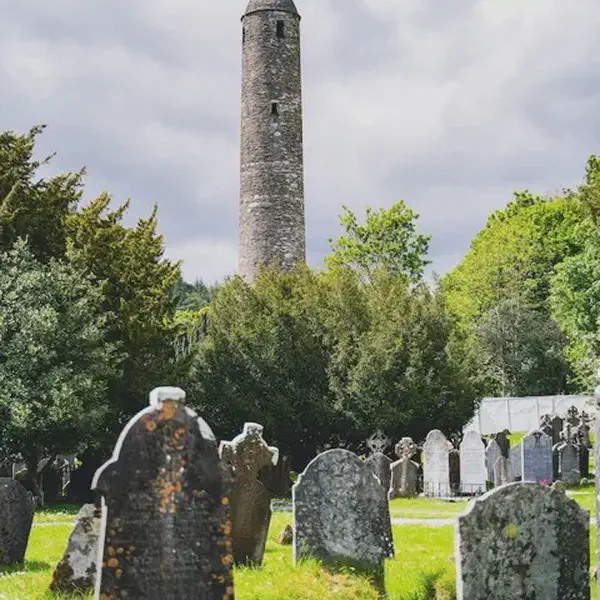
Scottish Jacobite Army Begins Retreat
January 29, 1716
On January 29, 1716, the Scottish Jacobite army began its retreat, marking a turning point in the Jacobite Rising of 1715. This event was part of a series of attempts by the Jacobite movement to restore the Stuart dynasty to the thrones of England, Scotland, and Ireland.
Background of the Jacobite Rising of 1715
The Jacobite Rising of 1715, also known as “The Fifteen,” was a response to the succession of the Protestant Hanoverian King George I to the British throne in 1714, following the death of Queen Anne. Many in Scotland and England, particularly among the Catholic and Episcopal population, remained loyal to the Stuart dynasty, which had been deposed in the Glorious Revolution of 1688.
Leadership of the Rising
The 1715 Rising was led by James Francis Edward Stuart, also known as the “Old Pretender.” He was the son of the deposed King James II of England and VII of Scotland. The Jacobite cause aimed to restore him to the throne.
Initial Success and Challenges
The Jacobite army initially had some success, gaining control of parts of Scotland. However, they faced several challenges, including a lack of wider support in England, logistical difficulties, and internal disagreements.
The Retreat
By January 1716, the Jacobite cause was losing momentum. After a failed attempt to march on London and several indecisive battles, the Jacobite forces faced increasing pressure from government troops. On January 29, facing a lack of resources and support, as well as a formidable government army, the Jacobite leaders decided to retreat.
Aftermath of the Retreat
The retreat marked the effective end of the Jacobite Rising of 1715. James Francis Edward Stuart eventually left Scotland and returned to exile in France, and many of the Jacobite leaders were captured, imprisoned, or fled. The British government implemented measures to strengthen its control over Scotland, including disarmament acts and the suppression of the traditional clan system.
Historical Significance
The Jacobite Rising of 1715 was significant as it was one of the largest uprisings aiming to restore the Stuart dynasty. Its failure weakened the Jacobite cause but set the stage for the more famous Jacobite Rising of 1745, led by Charles Edward Stuart, known as “Bonnie Prince Charlie.”
The retreat of the Jacobite army in 1716 signaled the end of one of the key chapters in the Jacobite struggle and was a pivotal moment in the complex history of the British Isles during the early 18th century.